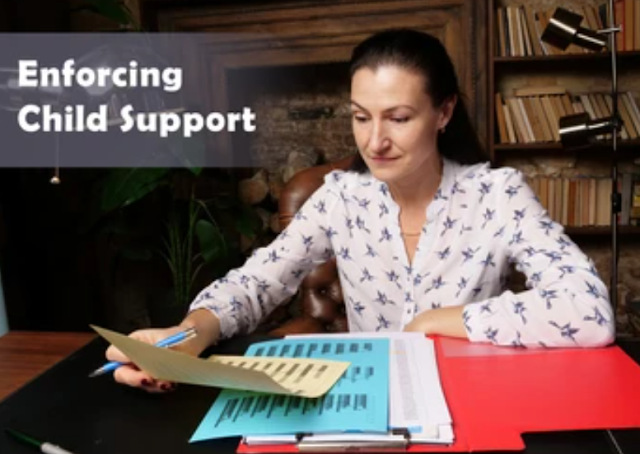What is Child Support Enforcement and Federal Criminal Law
What is Child Support Enforcement and Federal Criminal Law
Child support enforcement is primarily handled at the state level, and violations of child support obligations are typically considered civil matters. However, there are certain circumstances in which child support enforcement can intersect with federal criminal law.
Federal criminal laws:
Interference with custody or visitation:
If a parent interferes with the other parent's court-ordered custody or visitation rights, it can potentially lead to legal consequences. While this may not directly relate to child support enforcement, it can be a separate legal issue that involves federal criminal law if certain criteria are met.
Federal prosecution:
In cases where child support non-payment involves substantial arrears or the failure to pay across state lines, federal authorities may become involved. The Office of Inspector General (OIG) within the Department of Health and Human Services (HHS) and the Office of Child Support Enforcement (OCSE) work to ensure compliance with child support laws, and in some cases, they may refer cases for federal prosecution.
Penalties:
If convicted under the CSRA or other applicable federal laws, individuals can face penalties such as fines, probation, and imprisonment. The severity of the penalties depends on factors such as the amount owed, the intent to avoid payment, and the presence of previous convictions.
State child support enforcement agencies:
It's important to note that child support enforcement primarily falls under the jurisdiction of state agencies. These agencies have various tools at their disposal to enforce child support orders, including wage garnishment, tax refund interception, property liens, and suspension of licenses (e.g., driver's licenses or professional licenses). State agencies can work in collaboration with federal authorities to ensure compliance with child support obligations.
It's essential to consult with an attorney who specializes in family law and child support matters to understand the specific laws and regulations in your jurisdiction. They can provide guidance tailored to your situation and help navigate any potential intersection between child support enforcement and federal criminal law.















No comments